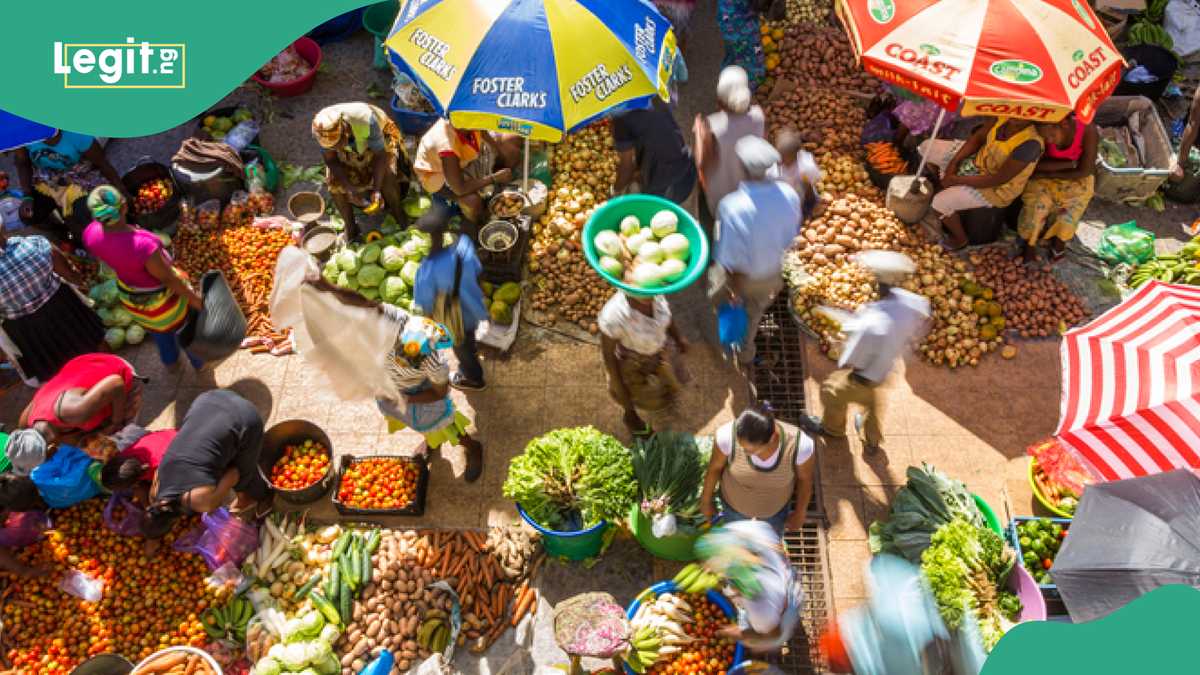By the middle of the 1930s, it is estimated that 400 million people will live in Africa’s top 10 metropolitan economiesThe cities range in size from tiny capitals like Libreville, Cotonou, and Port Louis to vast megacitiesA report projected that cities like Cairo. Johannesburg and Lagos will maintain their GDP growth trend
Henzodaily.ng journalist Zainab Iwayemi has over 3-year-experience covering the Economy, Technology, and Capital Market.
About 400 million people, or around 21% of the continent’s population, are projected to reside in Africa’s top 10 metropolitan economies by the mid-2030s, according to a report by the Economist Intelligence Unit.
Major cities like Johannesburg, Lagos, and Cairo will still be among the top 100 cities in Africa in terms of economic growth by 2035. Photo Credit: Peter Adams
Source: UGC
Over 60% of Africa’s GDP is expected to come from these cities, which range in size from expansive megacities to more modest capitals like Libreville, Cotonou, and Port Louis.
These cities’ nominal GDP combined was $1.4 trillion in 2023; by 2035, it is expected to have more than tripled to almost $5 trillion.

Read also
Stable fuel prices to drive inflation rate drop to 27.1% by December 2025
Nevertheless, growth in these cities is expected to continue at a consistent 6% each year.
By 2035, it projected that major cities like Cairo, Lagos, and Johannesburg will continue to rank among the top 100 cities in Africa in terms of economic growth.
By that time, the economies of the top 20 cities, which include both megacities and quickly growing middleweights, are expected to make up around 70% of Africa’s GDP (in 2020 prices and exchange rates).
These cities, with their thriving consumer markets, cutting-edge commercial networks, and strong industrial and import-export sectors, will develop into major centers of trade, industry, and commerce.
But there are also a lot of difficulties with this progress. Urban areas will have to deal with problems like congestion, unofficial housing, elevated joblessness, inadequate public services, stressed utilities, and the growing danger of climate change.

Read also
FULL LIST: Top 10 African countries facing the highest Schengen visa rejection rates
Unlocking the full economic potential of Africa’s rapidly changing urban landscape will depend on addressing these issues.
The top ten African cities with the highest GDP forecasts for 2035 are listed thus:
African Cities2023 Rank2035 Rank Projection1Greater Cairo112Greater Johannesburg223Lagos334Cape Town445Alexandria556Addis Ababa1267Casablanca678Dar es Salaam1589Abidjan18910Durban710
Nigeria misses out of 2024 richest African countries
Henzodaily.ng reported that the African continent is generally considered low-middle income despite certain countries in the region generating a significant amount of wealth.
These nations are significant to the world economy because of their natural resources and human capital.
Billionaire.africa reported that rich countries like Egypt, South Africa and even Nigeria are essential trading hubs that promote regional trade.
PAY ATTENTION: Сheck out news that is picked exactly for YOU ➡️ find the “Recommended for you” block on the home page and enjoy!
Source: Henzodaily.ng
